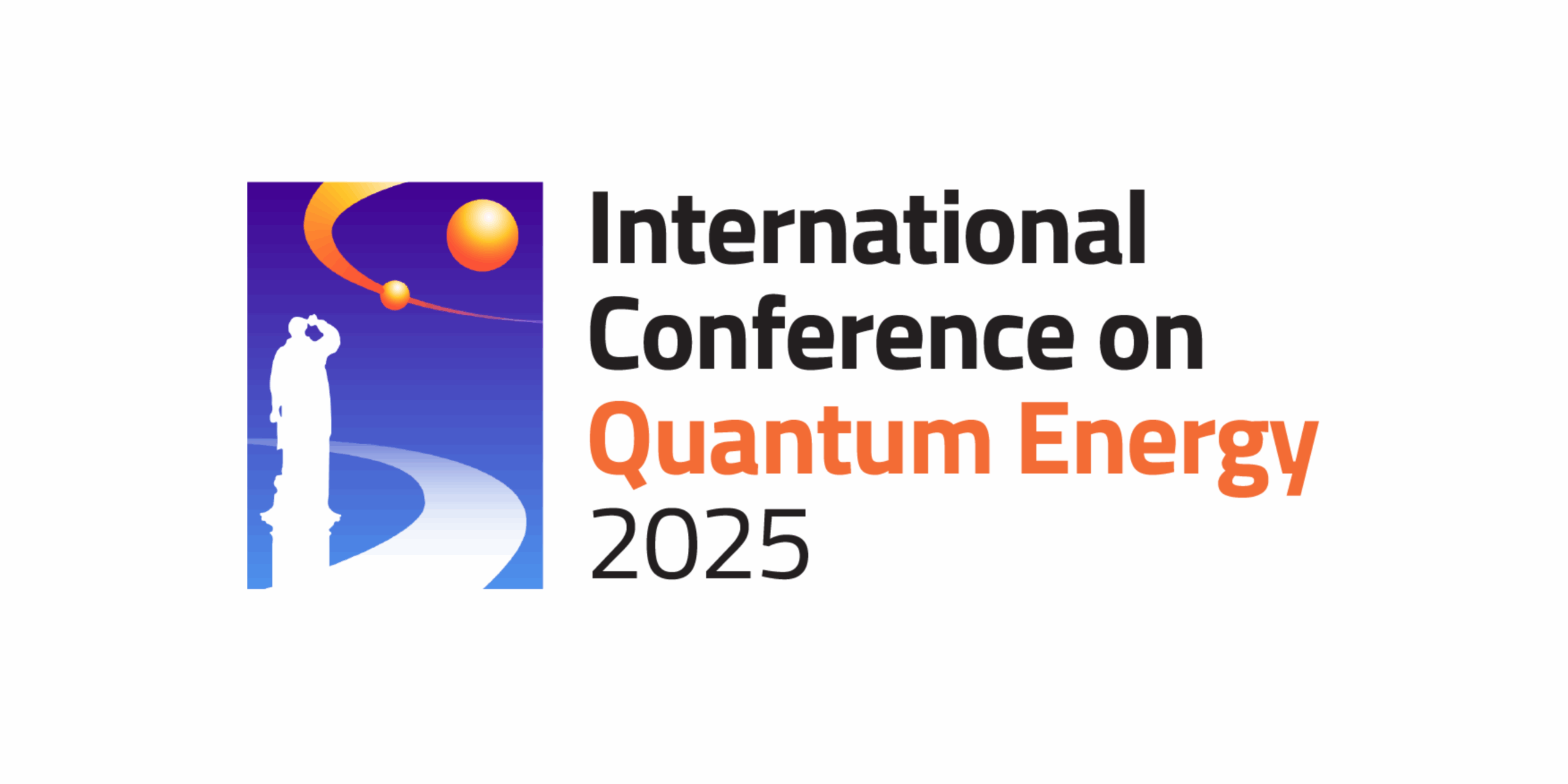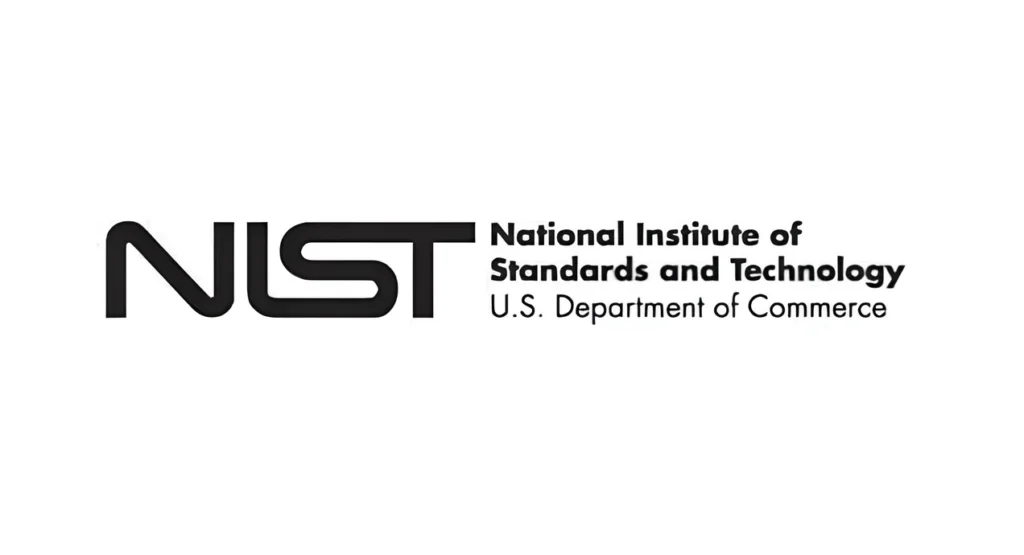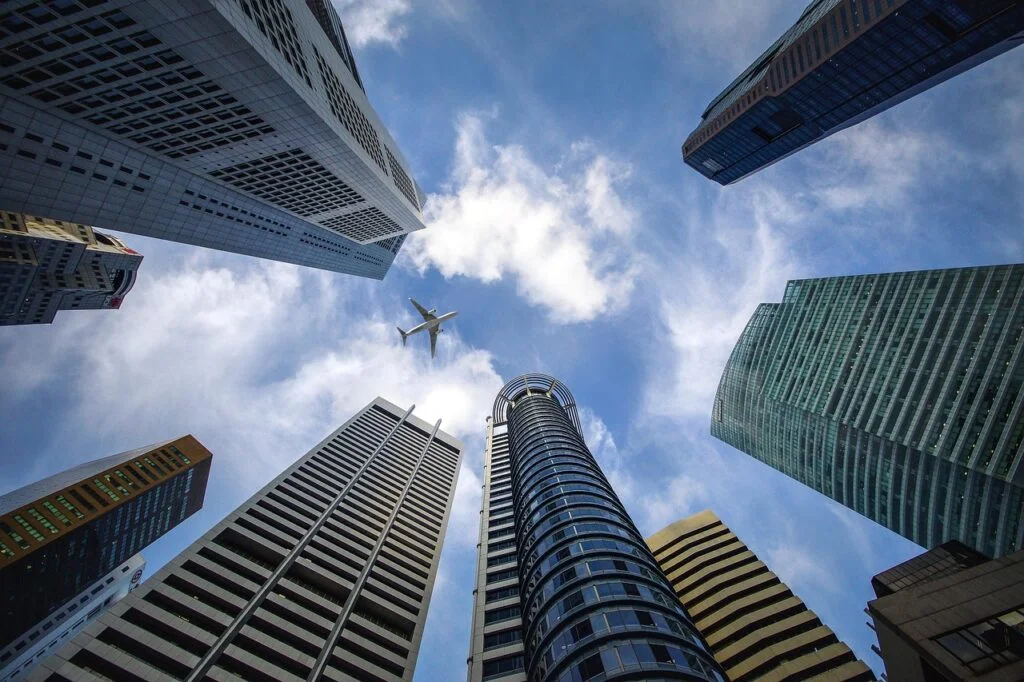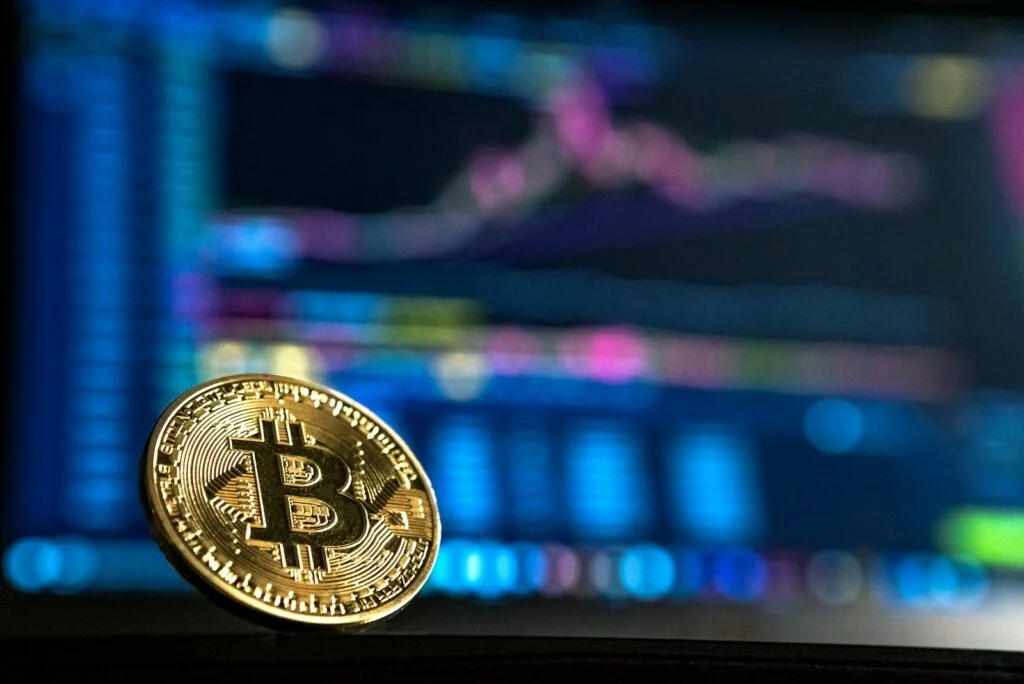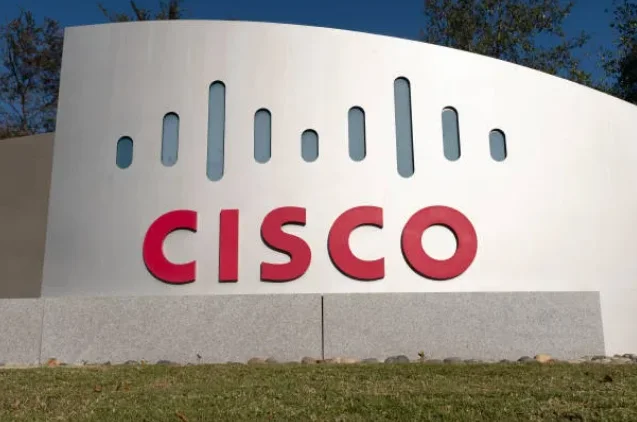Insider Brief:
- ICQE 2025 will convene global leaders in science, industry, and policy from June 3–6 in Padua, Italy, to explore how quantum technologies can address energy challenges.
- The program features interdisciplinary research on both quantum-for-energy and energy-for-quantum, covering topics such as quantum thermodynamics, light harvesting, energy storage, and simulation, with speakers from IBM, Pasqal, ERC, and leading global institutions.
- Industry and policy roundtables will focus on real-world deployment, examining how public-private collaboration can accelerate the integration of quantum solutions into energy systems and infrastructure.
The International Conference on Quantum Energy (ICQE 2025) will return this summer, taking place from June 3–6 in Padua, Italy. Hosted by the Department of Physics and Astronomy at the University of Padua, the conference will convene world-leading researchers, technologists, and policymakers to examine how quantum science and technology can help address global energy challenges—from materials for the net-zero transition to the rising energy demands of digital infrastructure.
Organized in partnership with the Quantum Energy Initiative and supported by the Quantum Information and Matter group and Padua QTech Centre, ICQE 2025 is part of the International Year of Quantum Science and Technology. The conference serves as a multidisciplinary platform at the intersection of quantum science, sustainability, and energy systems, which speaks to the growing relevance of quantum technologies in real-world climate and infrastructure challenges.
Quantum Solutions for the Energy Transition
The energy transition is an engineering, materials, and systems challenge of global scale. At the same time, quantum science is maturing into a set of tangible technologies with potential relevance to these challenges. ICQE 2025 brings together scientific and industry leaders to examine where quantum technologies have the potential to provide practical solutions to the energy sector.

The conference will explore how emerging quantum systems could enhance everything from material discovery and catalysis to energy storage, heat transport, and photonic conversion, while also assessing the energy efficiency and sustainability of quantum technologies themselves. This dual lens, quantum for energy, and energy for quantum, is intentional in the program’s design.
Francesco Campaioli, ICQE 2025 Co-Chair and Research Fellow at RMIT University, speaks to this this perspective:
“Computing and AI are advancing at an unprecedented pace, and they’re extremely hungry for energy, which, ultimately, determines their cost. As we develop quantum technologies, we have both a responsibility to consider their sustainability and an exciting opportunity to use them to tackle energy challenges. Quantum could not only help reduce the energy cost of computing, but also play a key role in discovering new materials for solar energy, electronics, sensors, energy storage, and more. ICQE is a fantastic opportunity to reflect on the progress we’ve made and to shape the roadmap for quantum’s role in our energy future.”
Campaioli’s insights highlight the conference’s commitment to addressing both the potential and the responsibility inherent in quantum advancements. By providing a space and time for interdisciplinary dialogue, ICQE 2025 is intended to continue the conversation around quantum technologies for sustainable energy solutions.
Key scientific themes include:
- Quantum thermodynamics and nonequilibrium systems
- Quantum computing and simulation for material design
- Polaritonic chemistry and quantum effects in light harvesting
- Ultrafast spectroscopy, quantum chemistry, and reaction dynamics
- Energy storage, transport phenomena, and quantum-enabled sensing
- Energy advantage of quantum computing
- Quantum computing for power load scheduling
This interdisciplinary focus is reflected in the speaker lineup, which includes researchers across physics, chemistry, materials science, biology, and engineering.
The 2025 program includes keynote presentations from:
- Giulio Cerullo (Politecnico di Milano)
- Christiane Koch (Freie Universität Berlin)
- Sabrina Maniscalco (Algorithmiq, University of Turku)
- Ferdinand Schmidt-Kaler (NEQXT, Universität Mainz)
They will be joined by invited speakers from institutions including IBM Quantum, Pasqal, Alice & Bob, Quantonation, HQS Quantum Simulations, EPITA & Sorbonne Université, ERC Executive Agency, CSIRO, Quantum Brilliance, and more.
These sessions will address both the scientific fundamentals and the future roadmap for integrating quantum tools into energy-related research, industry, and infrastructure.
Two public roundtables will extend the conversation beyond the lab.
- The Industry Roundtable (June 4) will bring together quantum hardware and software startups alongside R&D leaders to discuss the timelines and hurdles for translating research into commercial technologies.
- The Policy & Funding Roundtable (June 5) will include representatives from the European Research Council (ERC), Quantonation, and the University of Bologna, among others, to discuss how national and international strategies can support innovation at the intersection of quantum and energy.
These sessions are intended to identify not just the potential of quantum for energy, but the mechanisms by which that potential can be accelerated through public and private collaboration.
A Platform for Convergence
ICQE 2025 reflects a growing awareness that quantum is not a siloed domain, but one that increasingly intersects with society’s largest scientific and infrastructure challenges. As quantum computing, materials, and measurement capabilities evolve, their relevance to sectors like energy, climate, manufacturing, and cybersecurity will deepen.
At a time when energy demand is rising, driven by AI, data centers, electrification, and urban growth, ICQE provides a timely forum to ask: What happens when quantum and energy converge?
More information is available at the official ICQE 2025 website.

